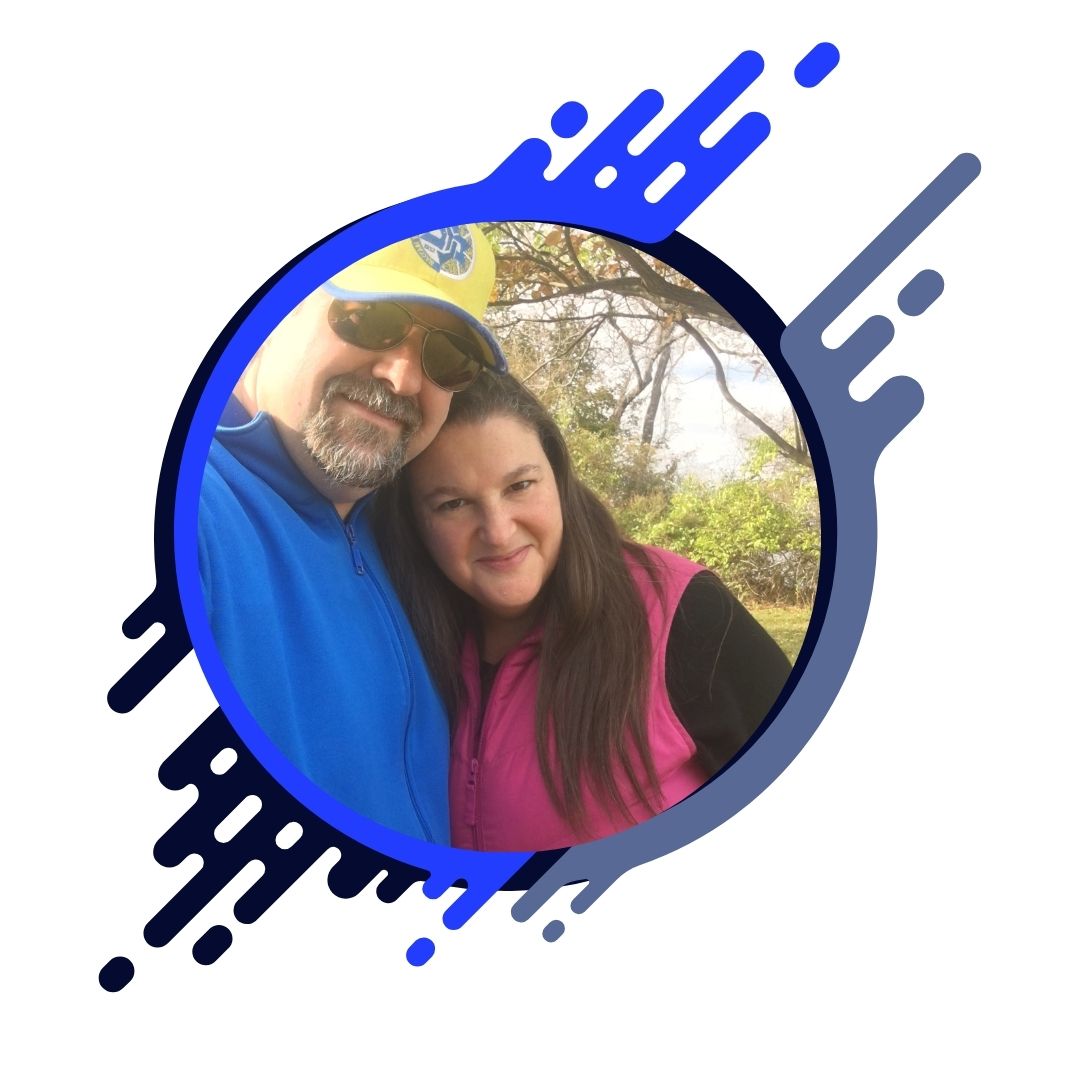
Attention Deficit Hyperactivity Disorder (ADHD) affects millions of children and adults worldwide, leading to difficulties in focusing, impulsivity, and hyperactivity. While traditional treatments like medication and therapy have long been the standard for managing symptoms, an innovative approach called neurofeedback training is gaining attention for its potential to regulate brain activity and improve focus.
Understanding ADHD and the Brain
ADHD is a neurodevelopmental disorder that influences how the brain functions. It’s characterized by a pattern of inattention and/or hyperactivity-impulsivity that interferes with daily functioning. This can lead to challenges in academic performance, workplace productivity, and relationships.
Research indicates that individuals with ADHD often exhibit atypical patterns of brain activity. Specifically, there’s typically an imbalance in brainwave frequencies, with excessive slow-wave activity (theta waves) and reduced fast-wave activity (beta waves). These imbalances can contribute to the difficulties in maintaining attention and exercising self-control.
What is Neurofeedback?
Neurofeedback, also known as EEG biofeedback, is a non-invasive therapy that aims to train the brain to self-regulate its activity. It involves monitoring brain wave patterns using an electroencephalogram (EEG) and providing real-time feedback to the individual. The goal is to teach the brain to produce more optimal patterns of activity.
During a neurofeedback session, sensors are placed on the scalp to measure brainwave activity. This information is then translated into visual or auditory signals that the individual can see or hear. By engaging in tasks that encourage desired brainwave patterns, the brain learns to adjust its activity over time.
How Neurofeedback Benefits Those with ADHD
1. Improved Focus and Attention
Neurofeedback training specifically targets the brainwaves associated with attention and focus. By encouraging the brain to produce more beta waves and fewer theta waves, individuals with ADHD can experience improved concentration and task completion.
2. Reduced Hyperactivity and Impulsivity
By promoting balanced brainwave activity, neurofeedback can help reduce impulsive behaviors and hyperactivity. This can lead to more controlled responses in everyday situations.
3. Enhanced Emotional Regulation
Individuals with ADHD often struggle with emotional regulation. Neurofeedback training has been shown to help modulate emotional responses, contributing to better emotional stability and resilience.
4. Decreased Dependency on Medication
For some individuals, neurofeedback may reduce the need for medication or enhance its effectiveness. This can be particularly appealing for those seeking alternative or complementary treatments to manage ADHD symptoms.
Getting Started with Neurofeedback
If you’re considering neurofeedback for ADHD management, it’s important to consult with a qualified healthcare professional who specializes in this therapy. They can conduct a thorough assessment and develop a personalized treatment plan.
While neurofeedback shows promise, it’s essential to approach it as part of a comprehensive treatment strategy. This may include behavioral therapy, lifestyle modifications, and, in some cases, medication.
Building a Supportive Community
At its core, neurofeedback is not just about addressing symptoms. It’s about empowering individuals to take control of their brain health and supporting families in navigating the challenges of ADHD. By joining a community of like-minded individuals who share experiences and insights, families can find strength and encouragement.
Conclusion
Neurofeedback training represents a promising frontier in ADHD treatment, offering a non-invasive and potentially effective way to regulate brain activity. With its potential to improve focus, reduce hyperactivity, and enhance emotional regulation, neurofeedback stands as a beacon of hope for individuals and families affected by ADHD.
If you’re interested in learning more about neurofeedback and its benefits, we encourage you to conduct further research, consult professionals, and consider joining support groups to gain a deeper understanding.
Together, we can raise ADHD awareness and explore innovative solutions that empower individuals to lead fulfilling lives.


0 Comments